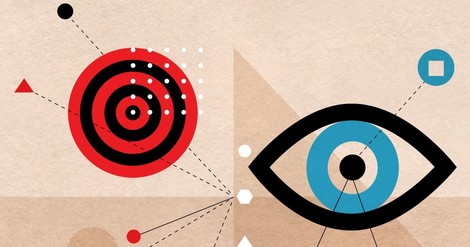Your podcast discovery platform
Curious minds select the most fascinating podcasts from around the world. Discover hand-piqd audio recommendations on your favorite topics.

piqer for: Health and Sanity Global finds
I was born in 1987 in Bucharest. I studied Psychology and Educational Sciences at the University of Bucharest. For two years I worked in a psychotherapy practice, dealing with gambling addicts. I'm an independent reporter, writing and doing video reportages mostly about social and political issues. I am currently based in Jena.
The Beginning Of The Superabilities Era
This is a beautiful article about sensory-substitution devices, how they helped scientists gain a different understanding of how the brain develops and functions, and about how the future may look for sensory deficient people.
To begin with, we meet Erik Weihenmayer, the only blind person to have climbed Mt. Everest, at one of his trainings with the BrainPort, a device that “uses the sense of touch as a substitute for sight”. With it, you basically use your tongue to see. After going over the story of how this device came into being, and the technological details one needs to master in order to use it properly, the author then shifts his attention to the brain.
Unsurprinsingly, the understanding of how the brain works has changed with time. If, in the late 50s scientists believed the brain had “critical periods” in its development - a theory that holds that, “if sensory input is lacking during a crucial phase, the brain will fail to develop normally, remaining unable to process that kind of information even if sensory input is later restored” - in more recent times, the scientific community tends towards the neuroplasticity theory of brain development. According to this one, the brain has a strong ability to adapt and recover from deprivations.
In the last paragraphs, the author muses about the implications of these new brain development theories. Because, beyond the technologies that can be devised based on these findings to improve people’s lives, one has to think about the very concept of sight and even the human body as we know it.
“What is seeing, after all, if your tongue can do it? Is a person who perceives visual information via the auditory system experiencing sight, sound, or an unprecedented hybrid of the two?”
